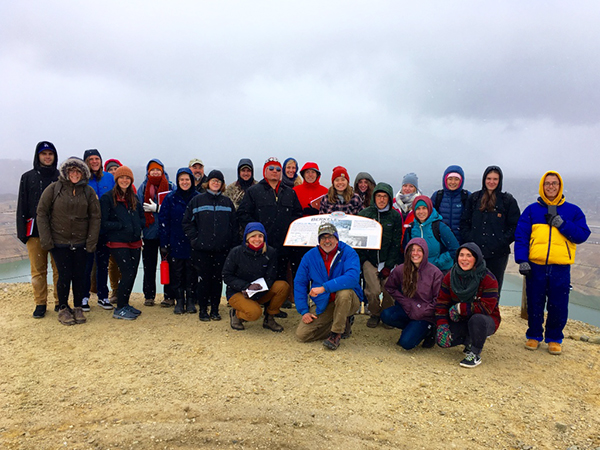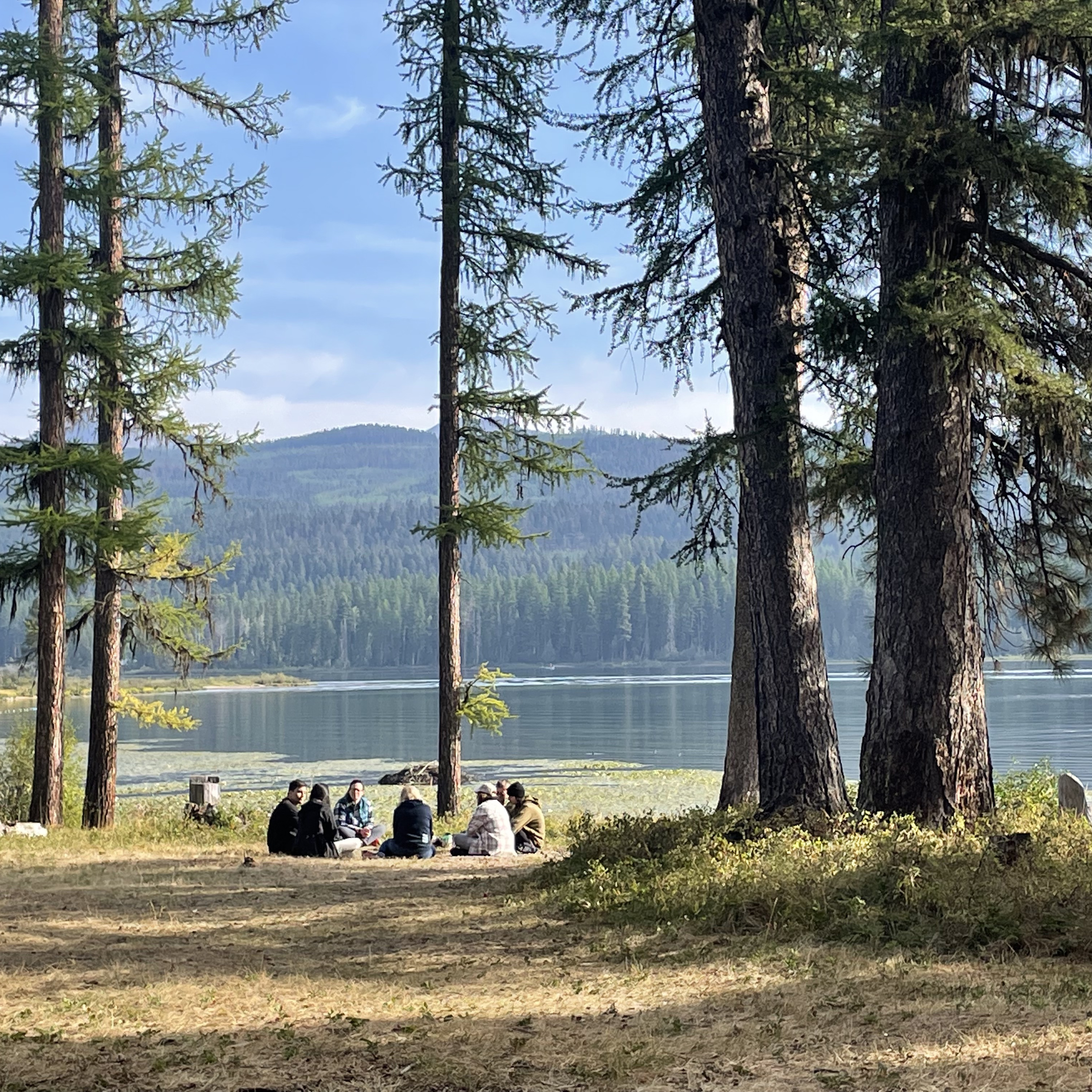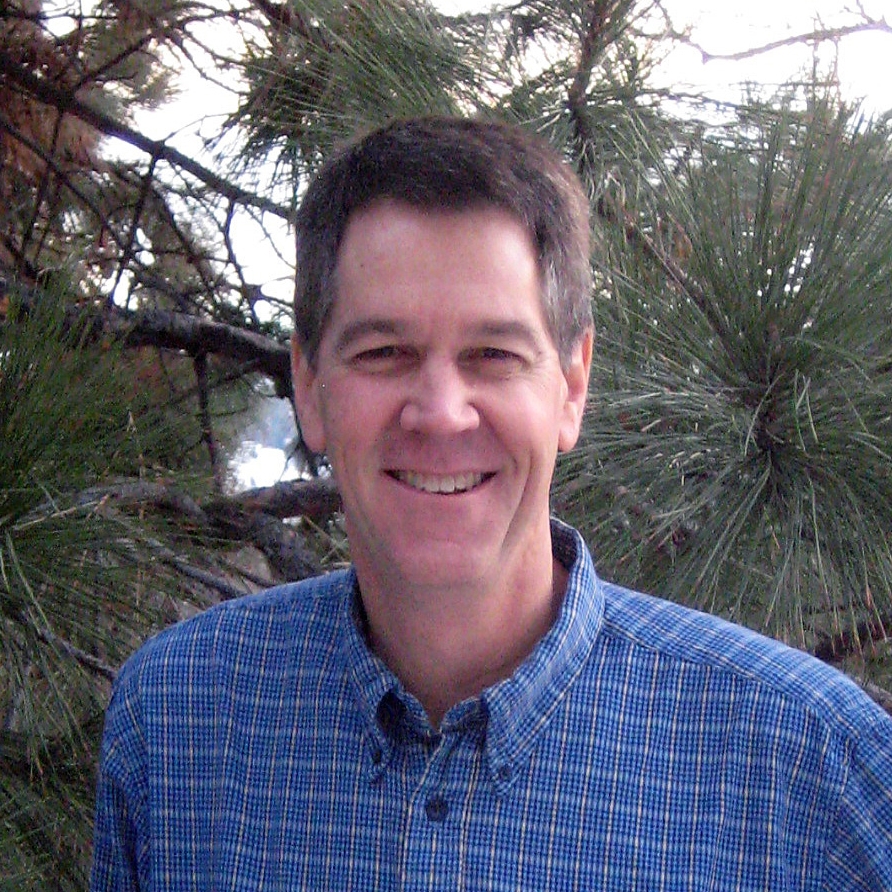Environmental Justice
Environmental Justice Certificate
The Certificate in Environmental Justice offers students an integrated social science and humanities approach for understanding, analyzing and problem-solving around domestic and international environmental inequalities and injustices.
Degree specific credits: 15
Required Courses (6cr):
ENST 489S: Environmental Justice Issues & Solutions
ENST 410: TEK of Indigenous Peoples
Approved Electives (9cr):
ENST 320: Earth Ethics
ENST 398: Internship (advisor-approved)
ENST 427: Social Issues: The Mekong Delta
ENST 487: Globalization, Justice and Environment
ANTY 323X: Native Americans of Montana
ANTY 326E: Indigenous Peoples & the Ethics of Development
BGEN 445: Sustainability Reporting
CHTH 355: Theory and Practice of Community Health Education
CHTH 440: Principles of Epidemiology
GPHY 284: Intro to GIS and Cartography
GPHY 433: Community Resilience
GPHY 468: Community & Regional Analysis
HSTA 344: African-American Struggle for Equality
NASX 304E: Native American Beliefs/Philosophy
NASX 475: Tribal Sovereignty
NRSM 349E: Climate Change Ethics/Policy
PHAR 320: American Indian Health Issues
PHL 422: Environmental Philosophy
PSCI 431: Politics of Global Migration
PSCI 463: Development Administration
PUBH 325: Environmental and Occupational Health
SOCI 220S: Race, Gender & Class
SOCI 318: Sociological Research Methods
SOCI 325: Social Stratification
WGSS 363: Feminist Theory and Methods
GPA Requirements: Students must achieve at least an overall grade point average of 3.0 for courses within the certificate program. The certificate will only be awarded upon the successful completion of all requirements and the attainment of an undergraduate degree.

Dan Spencer
Professor
Contact
- Office
- JRH 107A
- Phone
- 406.243.6111
- Fax
- 406.243.6090
- daniel.spencer@umontana.edu
- Office Hours
Spring Semester 2022:
Tu-Th 1:30-3:00 pm; Wed 10:00 am - 12:00 pm
and by appointment
- Website
- http://www.cas.umt.edu/evst/people/default.php?id=735
Personal Summary
I have traveled several different paths to get to UM’s Environmental Studies program, with each path contributing an important thread. My undergraduate studies in geology at Carleton College had a strong field orientation, and I taught field camp for several summers in the Tobacco Root Mountains of SW Montana, as well as field seasons in Costa Rica, the Yukon, and the Cascades. Graduate programs at Union Theological Seminary in New York helped me to integrate my natural sciences background with ethical and social justice issues, particularly Latin American liberation theology. During the 1980s I was actively involved in human rights issues in Latin America while directing Latin American programs at the Center for Global Education in Minneapolis.
Prior to beginning teaching at the University of Montana in 2002, I taught for ten years in a Philosophy and Religion program at Drake University in Des Moines, Iowa. There I focused on issues of sustainable community and sustainable land use, and first began to work on ecological restoration in several projects to restore the tall grass prairie. I also organized several classes around “Greening the Drake Campus” where students developed projects such as urban gardens and wind power to try to make the campus more environmentally sustainable. Each spring I took a group of Drake students to Latin America to learn about environmental and social justice issues.
I first came to the University of Montana in the summer of 2000 to begin a sabbatical year focused on environmental ethics. I began teaching courses at the University of Montana in 2002 in Environmental Studies, Liberal Studies, Philosophy and the Davidson Honors College, prior to being hired full time in Environmental Studies in 2006. During this time I developed travel seminar courses to Nicaragua, Guatemala and El Salvador, and began teaching field courses through the Wild Rockies Field Institute. In 2011 I taught for four months with Semester at Sea, which took me to 14 countries while circumnavigating the globe in four months. My experience in SE Asia during this course led to teaching winter session courses in Vietnam focusing on Climate Change. My international experiences in turn have shaped my courses in Globalization, Greening Religion, Earth Ethics, and Ethical Issues in Ecological Restoration. A sabbatical year in 2018-2019 allowed me to examine ecological restoration and sustainable energy projects in Iceland and Greece, and attend the United Nations Climate Change Conference in Katowice, Poland.
Education
Ph.D. 1994, Environmental Ethics, Union Theological Seminary, New York
M.Div., 1983, Union Theological Seminary, New York
B.A., Geology, 1979, Carleton College, Northfield, Minnesota
Courses Taught
ENST 230: Nature and Society
ENST 391: Earth Ethics: Moral Dimensions of Environmental Issues
ENST 487: Globalization, Justice, and the Environment
ENST 427/514: Society, Economy and the Environment of the Mekong Delta, Vietnam (Winter Session course)
ENST 437/516: Climate Change Effects and Adaptation in the Mekong Delta, Vietnam (Winter Session course)
EVST 530: The Greening of Religion: Religion, Nature, and the Environment
EVST 570: Ethical Issues in Ecological Restoration
HONR 121L: Ways of Knowing (Davidson Honors College)
Research Interests
I have three primary areas of interest that inform my teaching and research: community participation in ecological restoration, environmental and social justice issues connected to economic globalization, and the intersection of religion, ecology, and environmental ethics.
My partner is a restoration ecologist, and I have become interested and involved in a diverse set of projects in Montana involving community participation in ecological restoration. My 570 class, Ethical Issues in Ecological Restoration, focuses on the upper Clark Fork River watershed and the superfund process now under way to clean up the Clark Fork River and restore the riparian zones. I have partnered with the Clark Fork Coalition in this class where students work with community members in and around Deer Lodge, Montana, to design projects that aid the community’s participation in the restoration of the Deer Lodge valley. I also served for three years on the International Board for the Society for Ecological Restoration and participated in international conferences on restoration in Manchester, England (2015), Iguassu Falls, Brazil (2017), and Rekyjavik, Iceland (2018).
I led two-week travel seminars to Latin America with the Center for Global Education starting in 1984, and at the University of Montana I organized and led a two-week travel seminar to Nicaragua and Guatemala in alternate years through 2015 (Guatemala: 2004, 2006, 2008, 2010; Nicaragua: 2005, 2007, 2009, 2011, 2013, 2015). I have helped to place interested graduate students in field sites in Central America for thesis work with the diverse nongovernmental organizations working there on issues of environmental sustainability, social justice, and sustainable agriculture. I also have led several 4-week travel seminars to the Mekong Delta region of Vietnam to study climate change issues and effects in the Mekong Delta. Organized through UM's Mansfield Center, this course complements my research and teaching in the area of Globalization and offers students an outstanding opportunity to gain firsthand experience on how climate change is affecting SE Asia and how its people are responding.
I remain active in the Religion and Ecology section of the American Academy of Religion, which I chaired for several years in the 1990s. My graduate class, “The Greening of Religion: Religion, Nature, and the Environment” examines how diverse religious traditions are responding to the environmental crisis and what resources religion and spirituality can offer toward a constructive response. One of our main sources for this investigation is the Forum on Religion and Ecology housed at Yale University. Recently I co-published Earth Ethics: A Case Study Approach, that contains nine contemporary case studies in environmental issues and ecological justice.
Field of Study
Globalization and the Environment; Ecological Restoration and Community Participation in Restoration; Environmental Ethics, Philosophy, and Theology; Religion and Ecology; Environmental Issues in Latin America; Climate Change in Southeast Asia
Selected Publications
“’All My Means are Sane, My Motive and My Object Mad’: Globalization, Inequality, and Climate Change.” Worldviews: Global Religions, Culture, and Ecology. 2015, Vol. 19, 282-302.
“Sed Contra, Ergo, Responsio: Honoring the Legacy of Christopher Morse as a Teacher of Christian Theology. Union Seminary Quarterly Review. 2015, Vol. 65: 1&2, 26-41.
“The Faithful Skeptics: Evangelical Religious Beliefs and Perceptions of Climate Change.” Wylie Carr, Michael Patterson, Laurie Yung, and Daniel Spencer. In Journal for the Study of Religion, Nature and Culture. 2012, Vol. 6.3, pp. 276-299.
“Recreating [in] Eden: Ethical Issues in Restoration in Wilderness.” In Placing Nature on the Borders of Religion, Philosophy and Ethics. Mark Dixon and Forrest Clingermann, eds. Surrey, England: Ashgate Publishing, 2011.
“Restoring Earth, Restored to Earth: Toward an Ethic for Reinhabiting Place.” In EcoSpirit: Religion, Philosophy, and the Earth, Laurel Kearns and Catherine Keller, eds. Fordham University Press, 2007.
“Evolutionary Literacy: A Prerequisite for Theological Education?” In Worldviews, Vol. 11, 2007, 83-102.
“Community Supported Agriculture.” In the Encyclopedia of Religion and Nature, Bron Taylor, ed. Thoemmes Continuum, 2005.
“Keeping Body, Soul, and Earth Together: Revisioning Justice-Love as an Ecological Ethic of Right Relation.” In Keeping Body and Soul Together II: Sexuality, Spirituality, and Social Justice, Marvin Ellison and Sylvia Thorson Smith, eds. Louisville, KY: Westminster John Knox, 2004.
"Ecological and Social Transformations and the Construction of Race and Place: A View from Iowa." In Union Seminary Quarterly Review, Vol. 53:3-4, 1999, 85-99.
"From Dislocation to Eco-Location: The Concept of Ecological Location and Autobiography as the Starting Point for Critical Reflection in a Liberationist Ecological Ethic." In A Rainbow of Religious Studies, J. Michael Clark and Robert E. Goss, eds. Las Colinas, Tx: Monument Press, 1996, 119-139.
"Pedagogical Issues and Teaching Models for Eco-Justice." In Theology for Earth Community: A Field Guide, Dieter Hessel, ed. Maryknoll, N.Y.: Orbis Books, 1996, 208-221.
"The Liberation of Gaia: An Assessment of Rosemary Ruether's Gaia and God and John Cobb's Sustainability, Economics, and Justice from a Liberationist Perspective." Union Seminary Quarterly Review, Spring, 1994.
"Whose Home? A Response to "To Go Home Again: The Importance of Social Location in Seminary and Global Education." In The Globalization of Theological Education, Alice Frazer Evans, Robert A. Evans, and David A. Roozen, eds. Maryknoll, NY: Orbis Books, 1993, 204-212.
"La Iglesia Costarricense frente a la crisis ecológica." Vida y Pensamiento, Vol. 2, No. 2, Julio-Diciembre, 1982.
Publications
Earth Ethics: A Case Method Approach. With James B. Martin-Schramm and Laura Stivers. Maryknoll, NY: Orbis Press, 2015.
Gay and Gaia: Ethics, Ecology and the Erotic. Cleveland: Pilgrim Press, 1996.
Affiliations
Currently I serve on the international Board for the Society for Ecological Restoration whose mission is "To promote ecological restoration as a means of sustaining the diversity of life on Earth and re-establishing an ecologically healthy relationship between nature and culture." Locally I serve on the Missoula Open Space Advisory Committee, a citizen advisory board charged with implementing the Missoula Urban Area Open Space Plan. Other recent board service includes the Wild Rockies Field Institute and the Alumni Board of Union Theological Seminary. I also have served on the History and Culture Committee of the Milltown Working Group, a citizens group working to restore the Clark Fork River and its communities since the removal of the Milltown Dam in 2008. I am interested in community involvement in ecological restoration, and in June, 2006, I gave the keynote opening address to the Montana Governor’s Forum on Restoration in Billings. I belong to and try to be active in several local and regional environmental groups, including the Clark Fork Coalition, Five Valleys Land Trust, the Montana Wilderness Association, and Wilderness Watch. I am not accepting new graduate students for Fall 2022.
Honors / Awards
The University of Montana
Outstanding Faculty Advising Award for excellence in undergraduate academic advising
Paul Lauren Undergraduate Research Faculty Mentor Award for excellence in guiding undergraduate academic research
Drake University
Drake University Honors Program Teacher of the Year
Madelyn Levitt Outstanding Teacher of the Year at Drake University
College of Arts and Sciences Outstanding Teacher of the Year
Hobbies
Hiking, Backpacking, Swimming, Biking, Skiing, Gardening, Photography, Grandparenting

